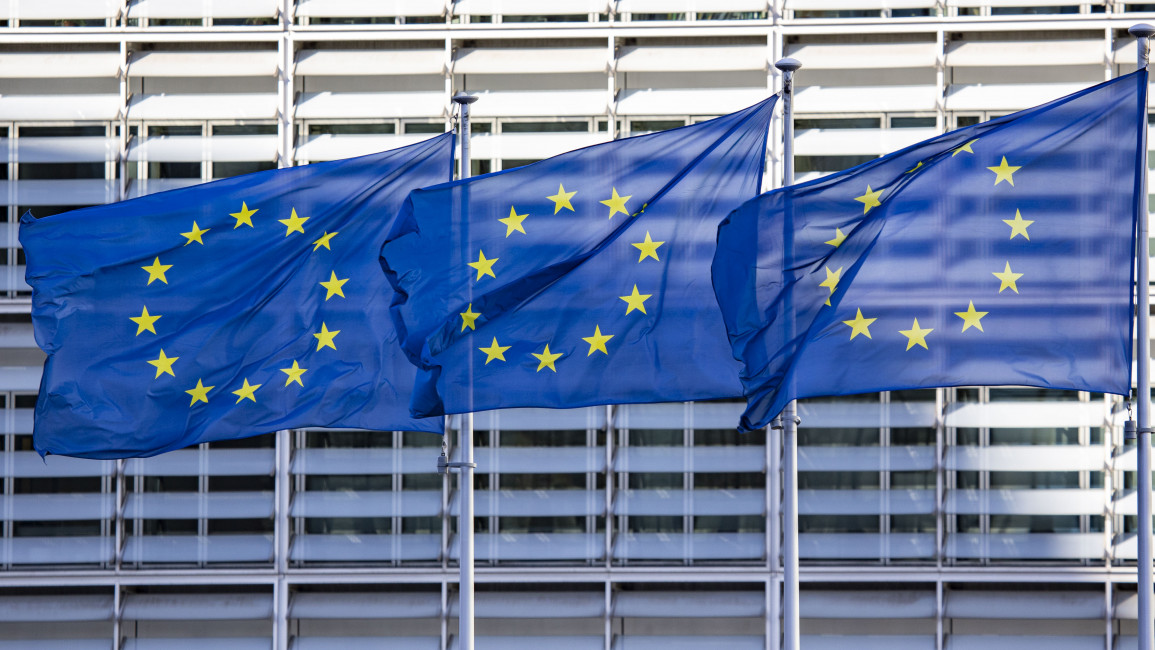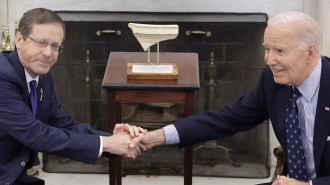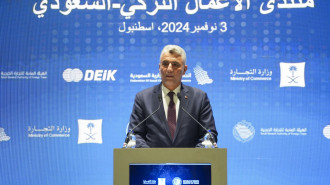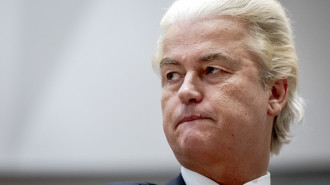European Union steps up sanctions on Iran over protest crackdown
The EU on Monday imposed sanctions on Iran's state broadcaster, army chief and revolutionary guard commanders over the repression of protesters, amid condemnation of Tehran's second execution linked to the demonstrations.
The 27-nation bloc also blacklisted eight drone makers and airforce commanders as it stepped up pressure over Iran's supply of weapons to Russia used in Ukraine.
"We are targeting those responsible for this continued repression against protesters," EU foreign policy chief Josep Borrell said.
"Also there is the support of Tehran to Russia and responding to the delivery of Iranian drones to Russia."
The new EU sanctions included the Islamic Republic of Iran Broadcasting (IRIB), its director and a TV news anchor for airing forced confessions of detainees.
Army commander-in-chief Abdolrahim Mousavi, the deputy interior minister, and regional commanders of the Revolutionary Guard Corps were hit with asset freezes and visa bans.
Hardline cleric Seyed Ahmad Khatami was included on the list for inciting violence against protesters, including demanding the death penalty.
The sanctions were the third round by the EU targeting Iranian authorities over their crackdown on the protests over the death of Mahsa Amini, an Iranian Kurdish woman who died in September after her arrest by the morality police for an alleged breach of the country's strict hijab dress code for women.
The new EU sanctions bring the total number of names targeted to over 60.
The measures came after Iran defied international condemnation and on Monday executed a second man in connections with the demonstrations that have rocked the country for months.
Borrell said the EU considered "unacceptable the use of capital punishment as a tool to repress protesters".
German Foreign Minister Annalena Baerbock said the executions were a "blatant attempt to intimidate people" to stop demonstrating.
The EU in addition hit out at Iran over the supply of kamikaze drones that Russia has used to attack Ukraine's energy infrastructure.
It expanded its blacklist to eight more officials and entities, including Iran's airforce chief, senior Revolutionary Guard commanders and organisations involved in making drones.
Brussels has faced a tricky balancing act over its response to Tehran, as the EU is mediating a push to revive the 2015 Iran nuclear deal.
But those efforts to get Iran and the United States back onboard with the agreement have largely stalled.







 Follow the Middle East's top stories in English at The New Arab on Google News
Follow the Middle East's top stories in English at The New Arab on Google News


